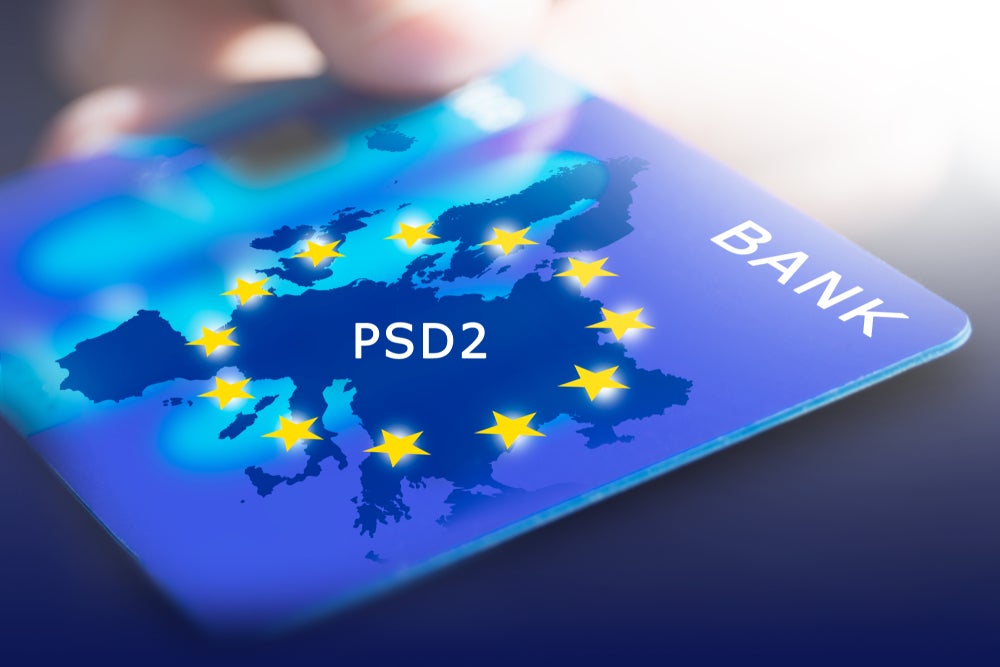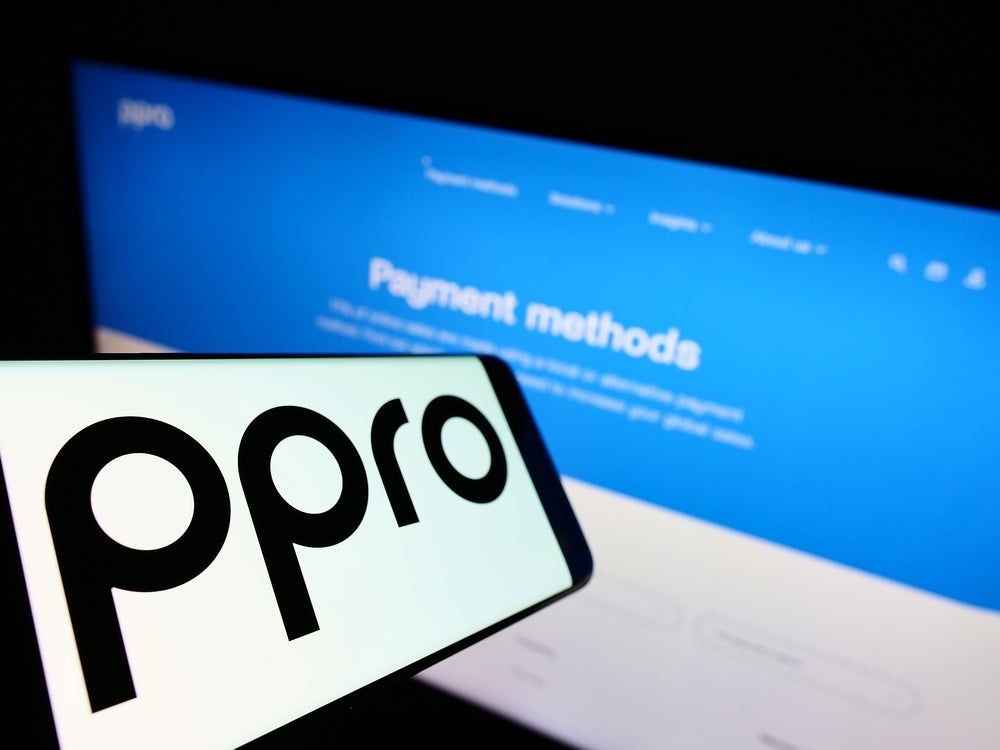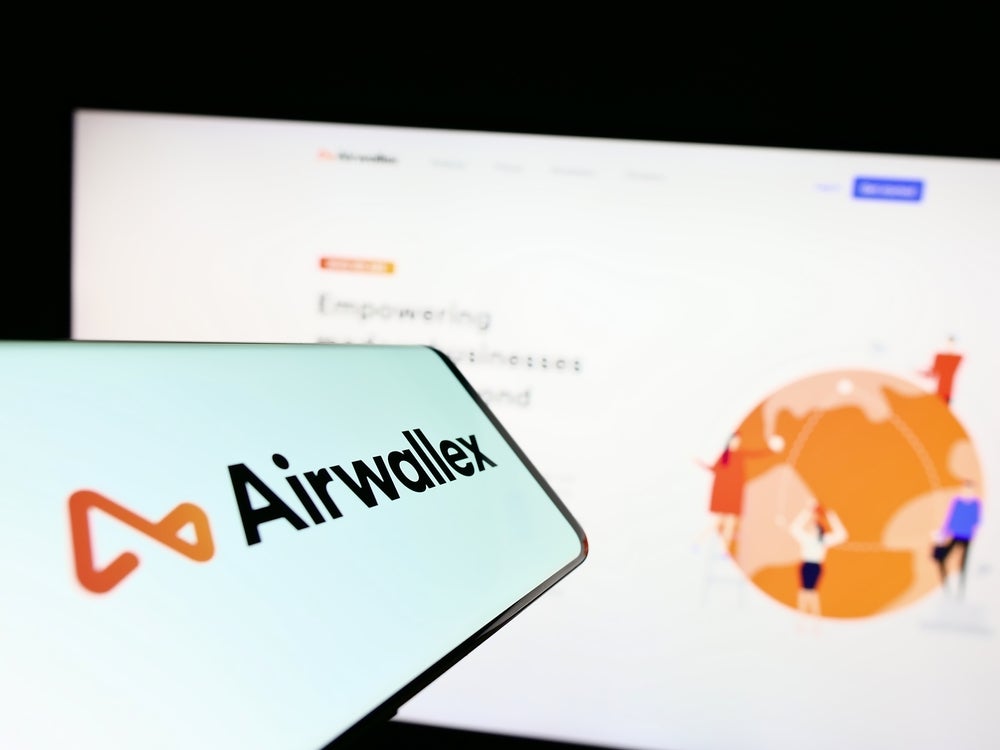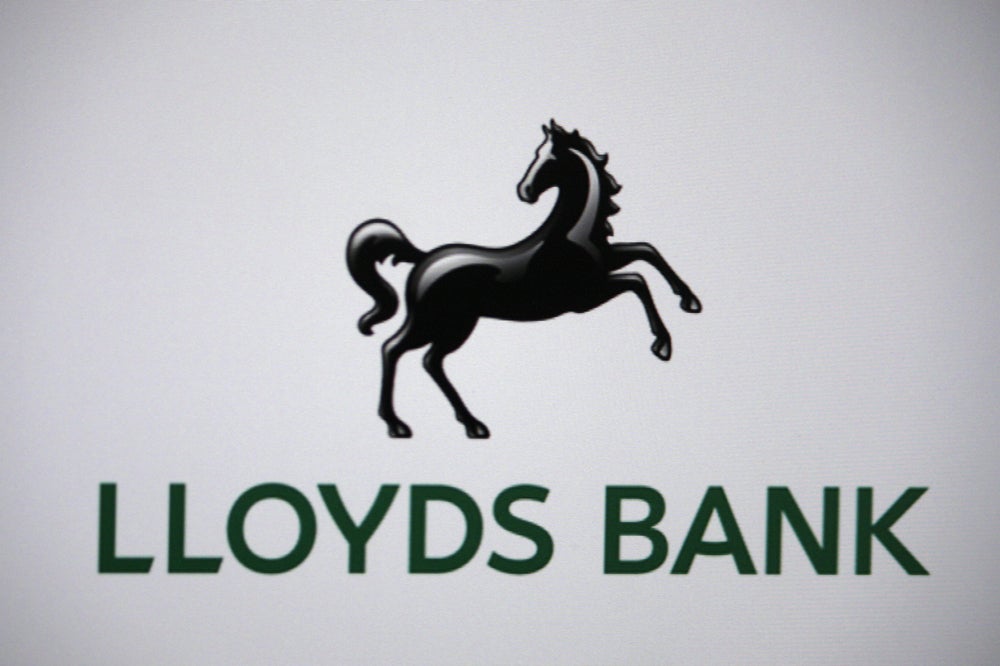
Facebook has renamed its Calibra wallet to Novi, aiming to reposition this floundering offering in the market, though this change of name and tweak to the mission statement won’t be enough to make up for its many weaknesses.
Facebook recently announced it was changing the name of its cryptocurrency wallet, Calibra, to Novi. As the history of cryptocurrency and blockchain shows, rebranding is in most cases a sign of a failing project that is losing attention. This is only one change in a series of tweaks to Libra as Facebook’s blockchain ecosystem is striving to find a purpose.
Amid a flurry of controversy, setbacks, and regulatory hurdles, Facebook is trying to make sense of its Libra cryptocurrency and what its direction and purpose should be. Initially, Libra was hailed as a true cryptocurrency backed by a large company with legitimate development in a wild west of failed initial coin offerings and blockchain-based tokens. This effort has seen rather strong take-backs as regulatory bodies brought up issues regarding legislation, safety, and money laundering aspects.
‘Bitcoin craze’
As a non-Fiat currency-based token, the limits that bind Libra or any other cryptocurrency are still somewhat vague. However, what was true for cryptocurrencies in 2017 during the ‘Bitcoin craze’ is still true today, meaning that more often than not, rebranding a project is a sign of overall weakness. Most cryptocurrencies that went through rebranding did so in order to try and market themselves as something new, as well as to regain lost interest after the price of their token either went down or did not garner interest at all.
In the case of Libra, which is struggling between regulatory approvals, the Calibra wallet is having its name changed to Novi. Facebook hopes this will ensure the wallet does not show as being solely dedicated to its cryptocurrency and can possibly host other currencies in the future.
This does not, however, address the underlying problems that Libra (and Novi) faces: the lack of a clear and concise direction for the digital currency, an exact legal framework in which to operate, and a unified marketing campaign. Until there is clearer legislation on digital currencies overall, the space will keep slowly regulating itself, and it is unclear how Facebook will be treated by whatever frameworks emerge – it is already struggling with regulators.
How well do you really know your competitors?
Access the most comprehensive Company Profiles on the market, powered by GlobalData. Save hours of research. Gain competitive edge.

Thank you!
Your download email will arrive shortly
Not ready to buy yet? Download a free sample
We are confident about the unique quality of our Company Profiles. However, we want you to make the most beneficial decision for your business, so we offer a free sample that you can download by submitting the below form
By GlobalDataFurthermore, it isn’t particularly clear what Facebook is actually attempting to do with Libra: simply building a cryptocurrency without saying much specific, except that it will be integrated with Facebook Messenger and WhatsApp, has so far not inspired much confidence in either the original backers of the Libra project or the regulatory bodies.
Bitcoin and Ethereum, the two largest cryptocurrencies by market capitalisation, have had the same name for 11 and five years respectively and most people know what their functions are. Libra needs to find something similar or it risks being nothing more than a failed project.








